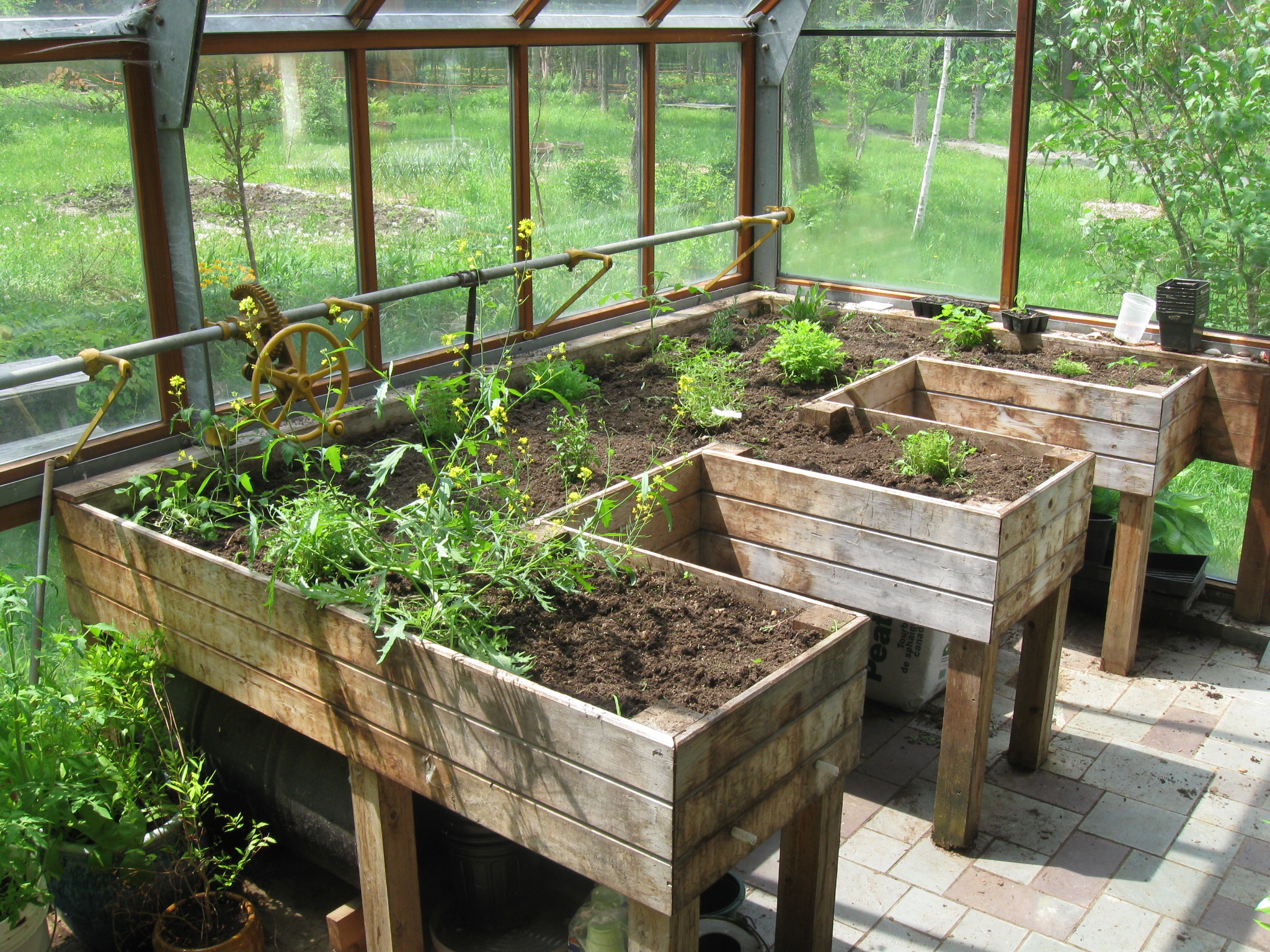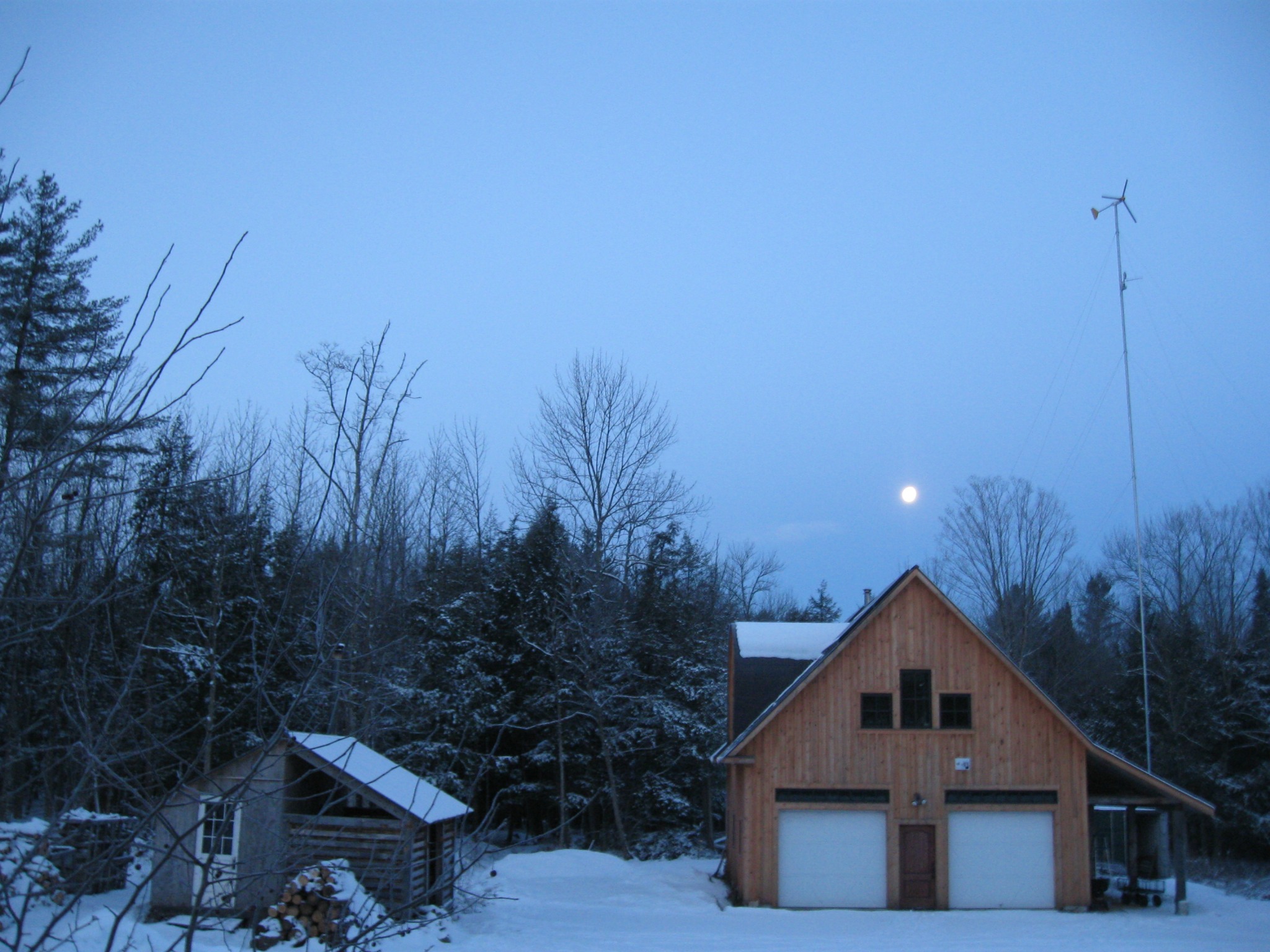



How do you find off-grid homes for sale? Zillow Seller financing - that is, bypassing lending institutions and working out a financial agreement directly with the home seller - may be your best bet. One option is an in-house loan from your bank, which has to take a chance on you as a special risk case because of what's viewed as a low-resale, niche property. Off-grid living is uncommon enough that your home won't qualify for most traditional mortgages. Those looking to live off the land should be prepared to fork over some extra cash up front. Agricultural zoning ordinances for property owners looking to grow their own crops or raise livestock.Sanitation standards/proper disposal of raw sewage.Minimum square footage requirements for primary residences.The Municode website provides a good starting resource. It's absolutely critical to research the codes and ordinances of the location you wish to build in advance. Laws and ordinances vary among states, counties, and municipalities, and are generally stricter in urban/suburban areas and more permissive in rural ones. While off-grid living isn't technically illegal, regulations surrounding the infrastructure of an autonomous property can throw a wrench into the works of setting up your homestead.
OFF GRID HOMES FOR SALE HOW TO
We'll touch on how to do this in the next section. You must find your off-grid property yourself. government discontinued its practice of offering federal land for private ownership in 1976 (1986 in Alaska). If you think you can pack up and stake a claim on federal land, you're about 43 years too late. What are the challenges of buying off-grid homes? Common power options include solar, wind, and hydroelectric, with water provided from wells, cisterns, or rainwater collection, and sewage managed via a septic system, outhouse, or composting (your new word for the day: humanure). Their utility needs and methods usually depend on their surrounding climate and environmental conditions. These homesteads are typically located on multiple acres in rural or remote areas. This means the property owner is reliant on their own power, water supply, and sewage systems rather than hooking up to municipal systems - thus What is off-grid real estate?Īt its core, off-grid living is autonomous, self-sustainable, and independent from public utilities. Legal considerations surrounding these properties vary between states and counties, so enlist an experienced, local real estate agent to guide you in your search. Here, we'll summarize off-grid real estate options. Ultimately, though, it's about sustainability, good old-fashioned ingenuity, and a lot of hard work.īecause of their nature, finding off-grid homes can be a little tricky. In response, movements like Right to Repair, tiny houses,Īnd off-grid living are gaining in popularity.įrom hardcore environmentalism to doomsday prepping, there are many reasons to choose the off-grid lifestyle. Of growing and repairing have been replaced with convenience and disposability over the past few generations.īut a growing number of people are finding this throwaway culture unfulfilling and destructive, both to the environment and their sense of self-reliability. With mass production and the ability to buy anything - groceries included - at the touch of a button, the concepts Americans are accustomed to a level of consumerism that would have been unimaginable to our grandparents and great-grandparents.


 0 kommentar(er)
0 kommentar(er)
